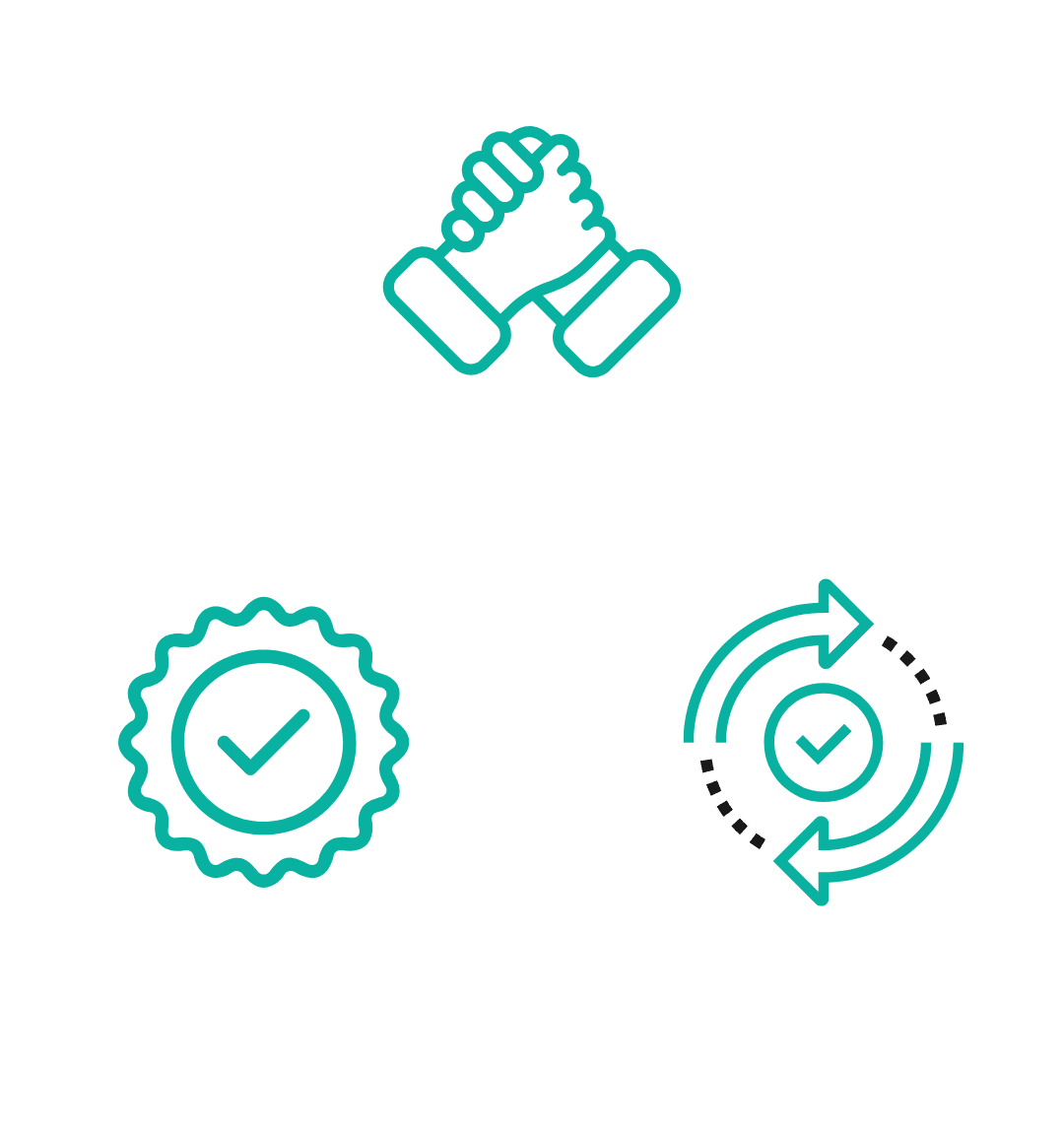UK SEO Service FAQ's
1. What makes UK SEO Services different from other SEO companies?
We’re a UK-based SEO company offering ethical, customized, and results-driven SEO services globally. Our strategies focus on sustainable growth and ROI, no matter your location.
2. Do you work with international clients or just UK-based businesses?
We work with businesses from all over the world. Whether you’re based in the UK, US, Canada, Australia, or anywhere else, our strategies adapt to your market.
3. What industries do you specialize in?
We’ve worked across various industries—e-commerce, tech, health, finance, education, and more. We tailor our SEO plans based on your business niche and goals.
4. How much do your SEO services cost?
Our pricing starts from £600/month. We offer flexible packages for local SEO, national campaigns, and international businesses based on goals and competition.
5. Can I choose a one-time SEO audit instead of a monthly package?
Yes! We offer standalone SEO audits that provide a detailed analysis of your website’s performance and improvement opportunities—ideal if you want to understand where you stand.
6. Do you offer multilingual or region-specific SEO services?
Yes, we optimize websites for different languages and target audiences across various countries. Region-based SEO helps you connect with the right customers globally.
7. What does your SEO strategy include?
We cover on-page SEO, off-page SEO, technical SEO, keyword research, content optimization, backlink strategy, performance monitoring, and monthly reporting.
8. How long does it take to see SEO results?
Results typically start to show within 3–6 months. Timelines vary depending on your niche, competition, and how aggressive your strategy is.
9. Will I get reports and updates about progress?
Absolutely. We send detailed monthly reports outlining rankings, traffic growth, completed work, and next steps. Transparency is our priority.


About SEO (General Knowledge & Services)
11. What is SEO, and why does my business need it?
SEO stands for Search Engine Optimization. It helps your website rank higher on search engines like Google, driving more traffic, leads, and sales. It’s essential for long-term online growth.
12. Is SEO a one-time thing or an ongoing process?
SEO is a continuous process. Search engines and competitors keep evolving, so consistent updates and optimization are necessary to maintain and improve your rankings.
13. What’s the difference between local SEO and general SEO?
Local SEO focuses on targeting customers in a specific area or city. If your business serves a local audience, check our Local SEO Services to boost your visibility in maps and local searches.
14. Is SEO safe for my website?
Yes—if done ethically. We only use white-hat techniques to ensure your site stays safe from penalties. Visit our Ethical SEO Services page to see how we maintain safe and honest practices.
15. How does technical SEO affect my website performance?
Technical SEO improves your website’s backend—like speed, mobile-friendliness, crawlability, and security. Learn more on our Technical SEO Services page.
16. What is a keyword and why is it important?
Keywords are the words and phrases users type into search engines. Targeting the right keywords helps your business show up in the right searches and reach ideal customers.
17. Can you help me identify the best keywords for my niche?
Yes, we conduct in-depth keyword research tailored to your business, competition, and customer behavior. This is a core part of our SEO packages.
18. Are backlinks still important in SEO today?
Absolutely! Quality backlinks are still a major ranking factor. We focus on natural, high-authority links to build your website’s reputation and trust with Google.
19. What’s the difference between organic and paid traffic?
Organic traffic comes from unpaid search results (via SEO), while paid traffic comes from ads. SEO delivers long-term, cost-effective traffic with higher trust and credibility.
20. Do you provide SEO audits to check our website’s health?
Yes! Our SEO Website Audit Services give you a complete overview of your site’s performance, issues, and opportunities to improve visibility and traffic.
Keywords & Links
21. What are long-tail keywords, and why should I use them?
Long-tail keywords are specific, longer phrases that users often search for. They’re less competitive and highly targeted, making them great for attracting niche audiences. Learn more about keyword strategies in our SEO Website Audit Services.
22. How do I know if my website is optimized for keywords?
You can check this through an SEO audit, which evaluates how well your website ranks for targeted keywords and recommends optimization.
23. Do you help with keyword research?
Yes! We specialize in identifying the most effective keywords for your business. Our team focuses on search intent, competition, and trends to help you rank for relevant terms. Check out our UK SEO Services for more details.
24. How many keywords should I target on each page?
It’s recommended to focus on 1–2 primary keywords per page, with supporting secondary keywords. Overstuffing pages with too many keywords can hurt your ranking. Our SEO experts can guide you on optimal keyword use.
25. How important are backlinks for my website’s SEO?
Backlinks from high-authority sites signal trust and relevance to search engines. We help you acquire quality backlinks through ethical practices.
26. What are no-follow and do-follow links?
A do-follow link passes SEO value, contributing to your rankings, while a no-follow link does not. Both types have their place in a well-balanced backlink strategy.
27. What is anchor text in SEO?
Anchor text is the clickable text in a hyperlink. It should be relevant to the content on the page it’s linking to. Correct usage of anchor text can help boost your page rankings. Our Blog Writing Services emphasize keyword-rich anchor text.
28. How do internal links help SEO?
Internal links connect different pages on your website, helping users navigate and improving the flow of link equity. A well-structured internal linking strategy boosts SEO and user experience.
29. Can you help build backlinks for my website?
Yes! We build high-quality, ethical backlinks that enhance your site’s credibility. Learn more about our link-building strategies through our Ethical SEO Services.
30. Are backlinks from social media platforms valuable?
While social media links are no-follow, they can still drive traffic and indirectly impact your SEO by increasing brand awareness. Combining social strategies with SEO efforts strengthens overall online presence.


About Blogs & Content
31. How can blog writing benefit my website's SEO?
Blogging helps generate fresh, relevant content that search engines love. Regular blog posts can target a variety of keywords, increase organic traffic, and boost your rankings. Learn more through our Blog Writing techniques.
32. What is the ideal blog post length for SEO?
Blog posts that are 1,500 words or more tend to perform better in search rankings. This allows for in-depth coverage of topics and the inclusion of more keywords.
33. How often should I post new blogs?
Posting consistently, at least once a week or bi-weekly, is ideal. Fresh content signals to search engines that your website is active.
34. Can blog content help with link building?
Yes! Well-written blog content can attract backlinks from other websites, boosting your SEO efforts.
35. What type of content should I focus on for SEO?
Focus on creating content that answers user queries, provides value, and targets specific keywords. We recommend a mix of informative articles, how-to guides, and product reviews.
36. How do I know if my blog content is ranking?
Track keyword performance and organic traffic through tools like Google Analytics and Search Console.
37. Do you offer content writing services?
Yes, we offer professional content writing services that are tailored to SEO. From blogs to landing pages, we ensure your content ranks high.
38. Should I focus on SEO or user engagement when writing content?
Both are essential! While SEO ensures your content is discoverable, user engagement increases time on page and conversions.
39. Can I improve my website’s SEO with outdated blog content?
Yes! Updating old blog posts with fresh information and new keywords can give them a boost.
40. How does SEO-friendly content differ from regular content?
SEO-friendly content includes targeted keywords, quality information, and proper formatting, making it easier for search engines to rank.
Looking for customized approach?
Let's Schedule A Call with US
If you are looking for a more customized Service plan and want to share your project details with experts then you can leverage the meeting option at our website. Click on schedule call and send our experts a meeting request.
